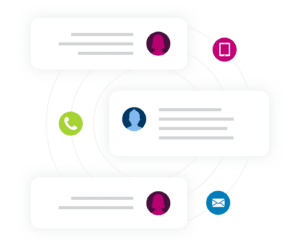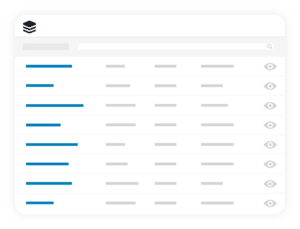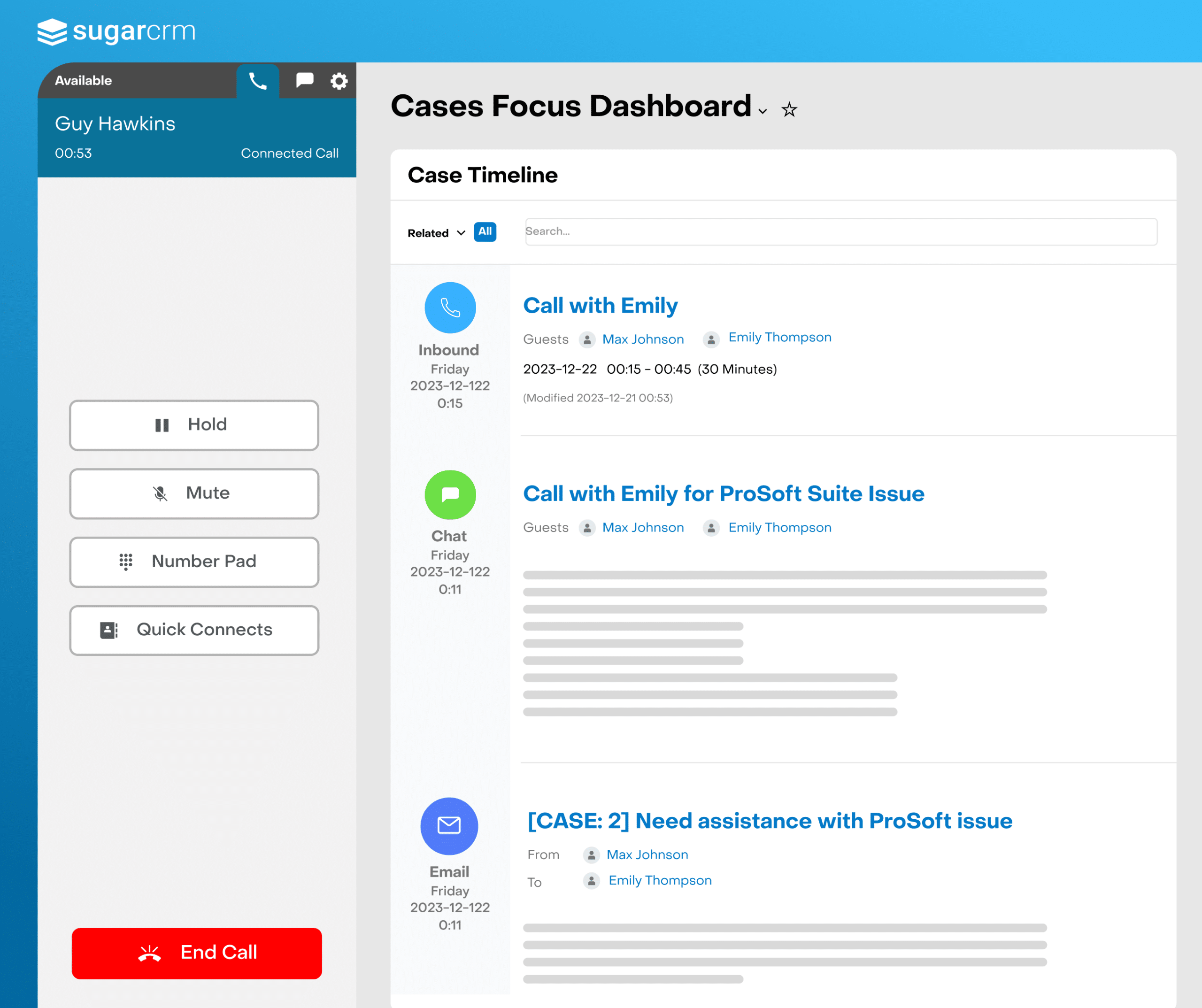CRM Strategy Meets the Demands of Working Remote
The pandemic accelerated digital transformation through a scramble to implement remote work. Some companies were ready; some were not. But B2B customers were very ready for it.
Over the past 18 years of building a more than 500-person software company, I have had many employees working from home offices. And many of them complained in the past that we just “didn’t get remote working.” With just a fraction of our people regularly working today from their local SugarCRM office, I think it’s safe to say that we “get it” now. From daily stand-ups to flexible hours to employee gifts designed for the home worker, we are putting a lot of energy into making remote work the new normal. And I’m watching company after company doing the same around the world.
But you know the interesting thing? Our customers barely noticed a difference. They have been working with us across web meetings, webinars, online portals, and community forums since the beginning. It’s been fascinating to see how quickly our front office became a remote office. However, there were challenges along the way, both for many of our customers who were on the same journey and for us.
Remote Is the “Old Normal” for Customer Service Teams
The customer service department was the least impacted organization for our customers and us. Customer service organizations have long been transforming their operations to a remote-work, digital-first mindset. Online communities, knowledge bases, omnichannel contact centers, and other customer engagement tools barely hit a speed bump as so many of us now work from home. And long gone are the “boiler room” contact center departments as customer support personnel have been working from home for over a decade. Most customer service organizations are in a good position to provide effective remote support for their customers and employees.

A Hybrid Mix of Online and Face-to-Face for Marketing
Digital marketing has leaped to the forefront with every industry rapidly adopting the latest digital engagement techniques. If there is one big change we have seen, it’s no longer just software, technology, and consumer brands investing in digital marketing. Traditional industries like manufacturing and business services have invested heavily in digital ads, online events, and content marketing.
However, CMOs are shifting from a purely digital-first approach over the past two years to a new world of more hybrid multichannel strategies (offline and face-to-face) as the pandemic lockdown fades into the background. According to Gartner’s 2022 CMO Spend and Strategy survey, digital marketing accounts for 56% of marketing budgets, but offline channels are rebounding. Regardless, it is noteworthy to call out how quickly marketing teams embraced digital marketing across all industries.
Remote Work is a Big Change for B2B Sales Teams
However, B2B sales organizations have had to catch up quickly to become modern, agile, digital, and remote-ready. While e-commerce is mainstream in consumer companies and inside sales has a well-established place in B2B companies, most B2B companies were unprepared to move their field sales forces into a remote work environment. The tools, best practices, and mindsets for field sales teams were not geared towards selling over Zoom. Simply put, legacy CRM was not designed for digital selling, and many B2B sales orgs felt the pain during the onset of the lockdown.

But the world has changed, and B2B sales have caught up. A recent McKinsey survey showed that 2/3rs of B2B customers prefer remote human assistance or digital self-service when purchasing. Even more, telling us how 80 percent of B2B leaders said that omnichannel sales were equally or more effective than traditional methods.
- Ninety-four percent of respondents view today’s B2B omnichannel reality—in which customers buy face-to-face, remotely, and online—as effective or more effective than before COVID-19.
- B2B customers now regularly use ten or more channels to interact with suppliers (up from just five in 2016).
- Buyers are more willing than ever before to spend big through remote or online sales channels, with 35 percent willing to spend $500,000 or more in a single transaction (up from 27 percent in February 2021). Seventy-seven percent of B2B customers are also willing to spend $50,000 or more.
- Suppliers will have to fight hard to retain loyalty if customer needs are not met: for example, eight in ten B2B decision makers say they will actively look for a new supplier if performance guarantees (e.g., a full refund if a certain level of performance is not met) are not offered.
In summary, we see modern CRM for B2B sellers needing to be:
- seamless across channels, both for the customer and for the seller
- quick to deploy but flexible enough for your business
- intuitive, easy-to-use, an accelerator to the seller’s day
- easy to automate the mundane so the seller can deliver the exceptional
This article was originally published on the SugarClub Leadership Lounge, where Sugar’s leadership team discusses what’s on their minds and welcomes the SugarClub community to ask any questions or share insights about customer experience, CRM, technology, and building companies, or anything else!


